Coffee and cocoa prices are expected to decline next year as bumper harvests boost global surpluses, though agricultural markets remain increasingly vulnerable to geopolitical risks, according to a new Rabobank report. The report, released in November 2025, forecasts a stabilization of arabica coffee prices between $2.50 and $3.50 a pound, with short-term volatility likely to persist.
The prices of arabica coffee surged to a record above $4 earlier in the year, driven by concerns over reduced output in top producer Brazil and by US tariffs that have curbed shipments from the South American nation. Rabobank analysts attributed the price increase to a combination of factors, including a 10% decline in Brazil's coffee production and a 20% drop in exports from the country.
The global coffee market is projected to experience a surplus of 4.5 million bags in the 2025-2026 crop year, up from a deficit of 1.5 million bags in the previous year. This surplus is expected to put downward pressure on coffee prices, which could benefit consumers and coffee producers alike. However, the report also notes that the global cocoa market is facing a deficit of 1.2 million tons in the 2025-2026 crop year, which could lead to higher prices for cocoa and chocolate products.
The Rabobank report highlights the increasing vulnerability of agricultural markets to geopolitical risks, including trade tensions, climate change, and disease outbreaks. The report notes that the global coffee market is particularly exposed to these risks, given the concentration of production in a few major countries, including Brazil, Vietnam, and Colombia.
The coffee industry is dominated by a few large companies, including Nestle, Starbucks, and J.M. Smucker. These companies have significant influence over the global coffee market and are likely to be impacted by changes in coffee prices and supply. The industry is also subject to various regulations and standards, including those related to sustainability, fair trade, and food safety.
Looking ahead, the Rabobank report forecasts a continued decline in coffee prices in the coming years, driven by increasing global supply and decreasing demand. However, the report also notes that the coffee market is subject to significant volatility and that prices could surge in response to unexpected events, such as a disease outbreak or a trade war.
In conclusion, the Rabobank report suggests that coffee and cocoa prices are likely to decline in the coming year, driven by bumper harvests and increasing global supply. However, the report also highlights the increasing vulnerability of agricultural markets to geopolitical risks and notes that the coffee industry is subject to significant volatility and uncertainty. As the global coffee market continues to evolve, it is likely that prices will remain a major concern for consumers, producers, and companies alike.
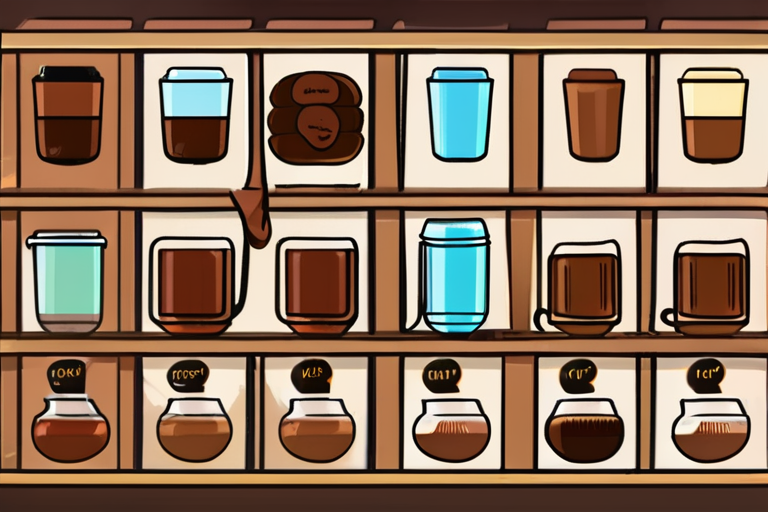


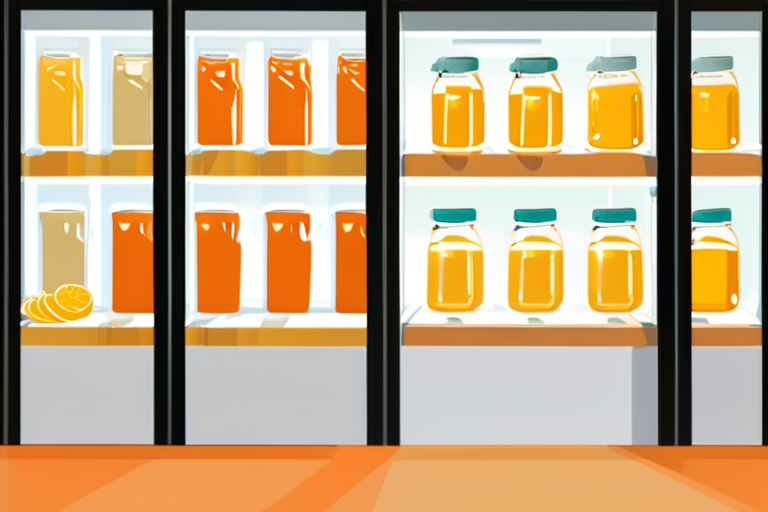

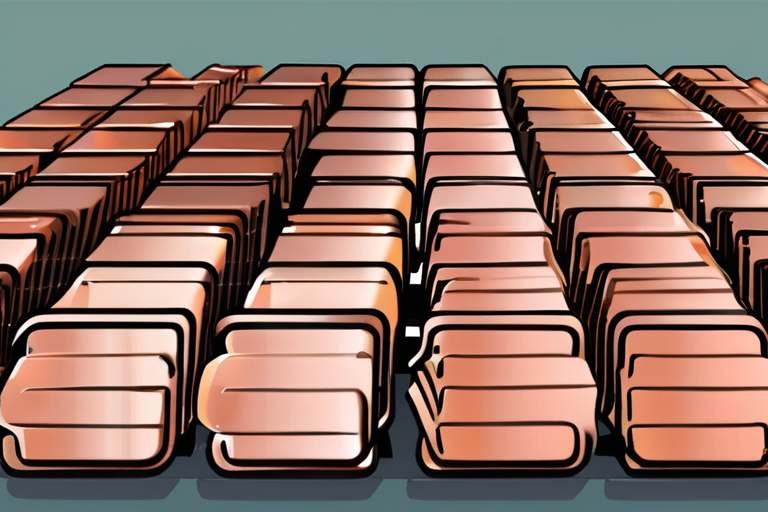

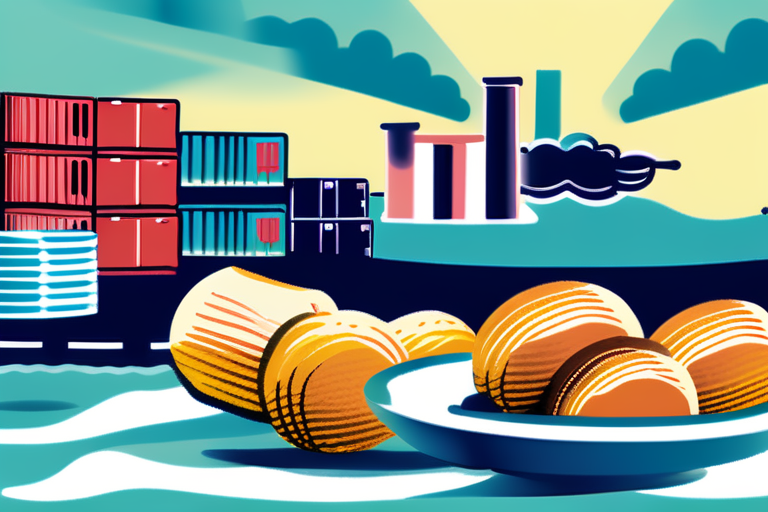
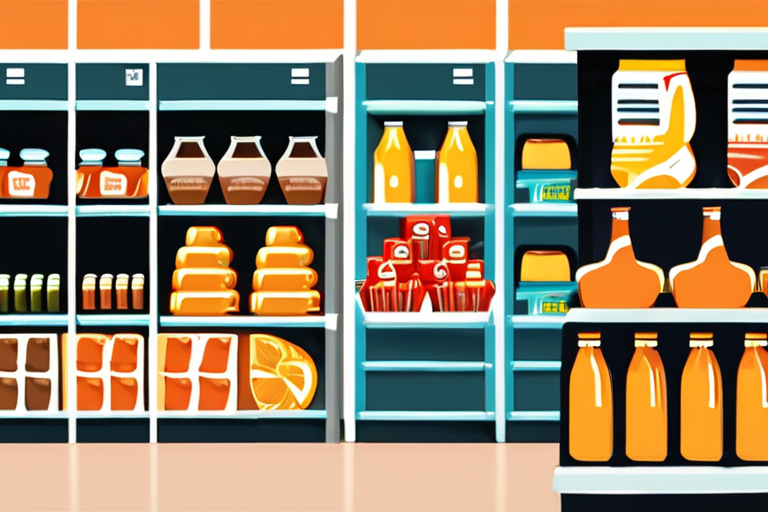
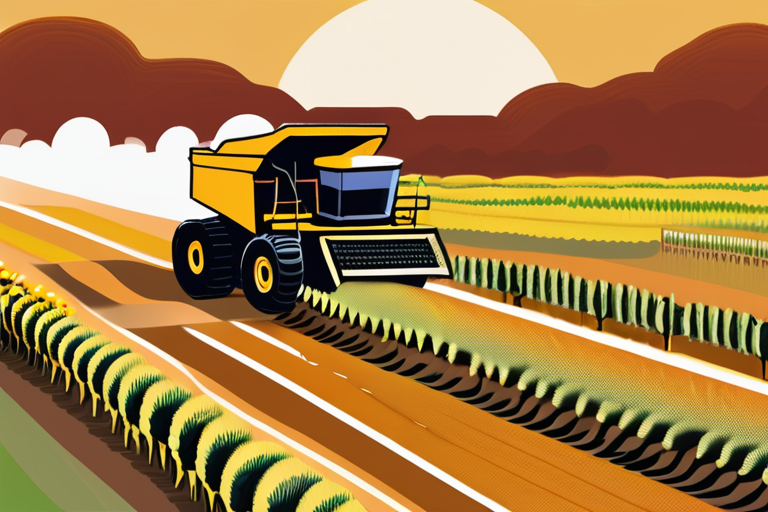
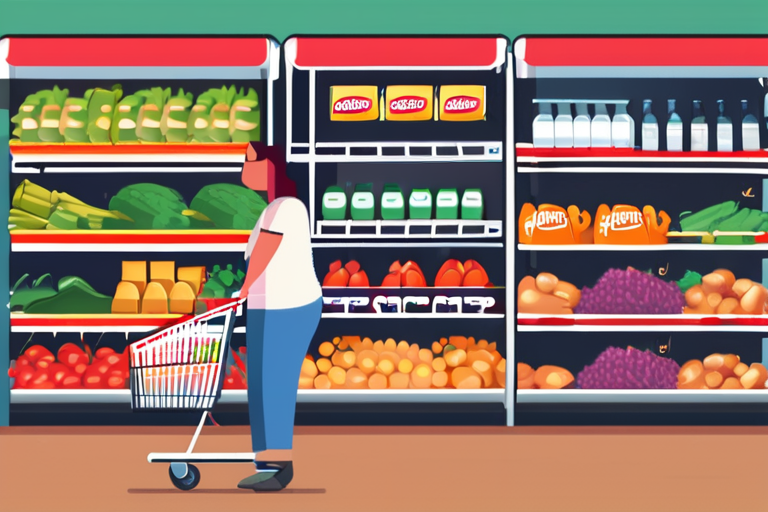



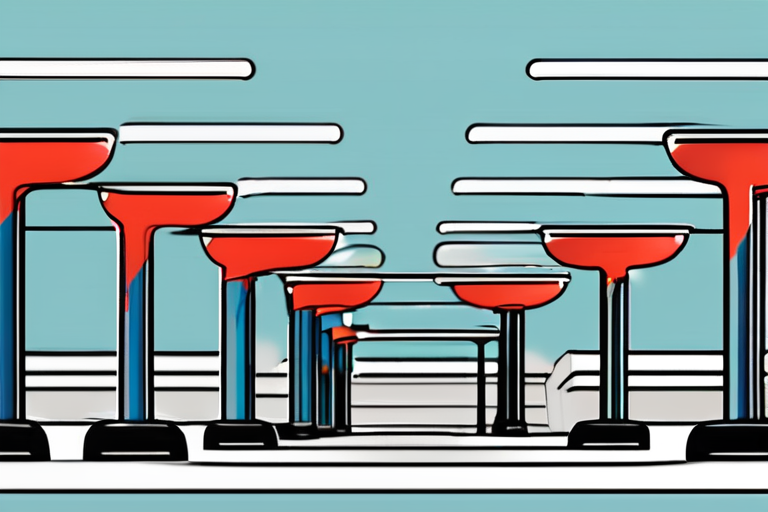
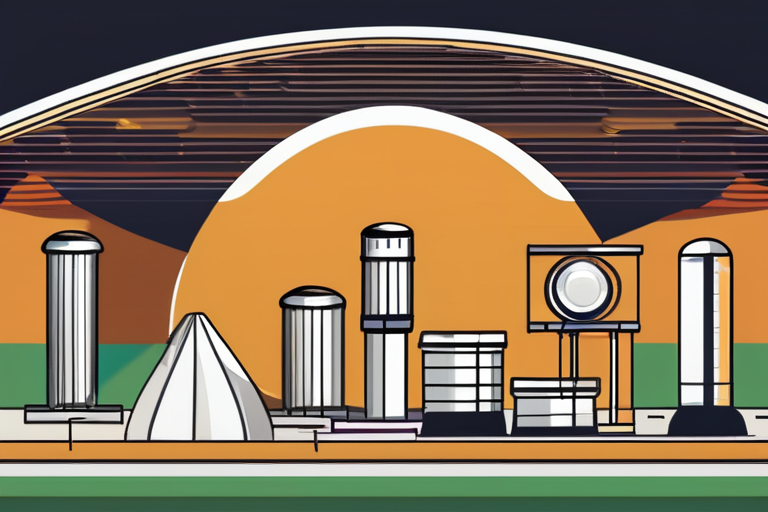
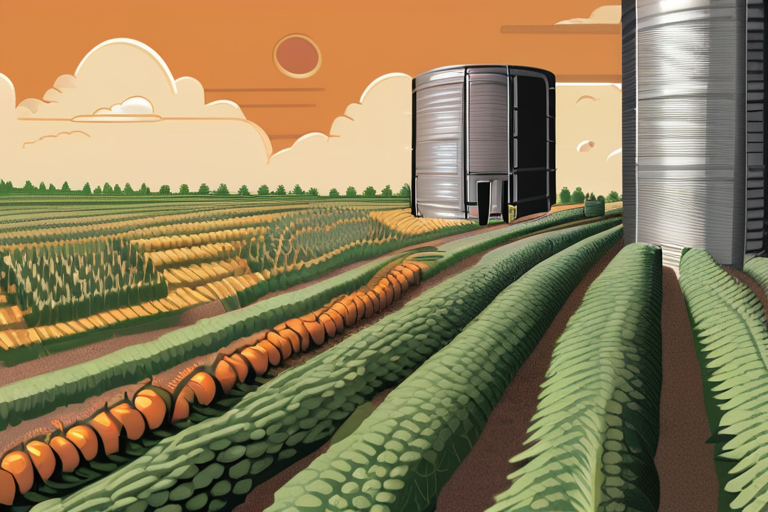
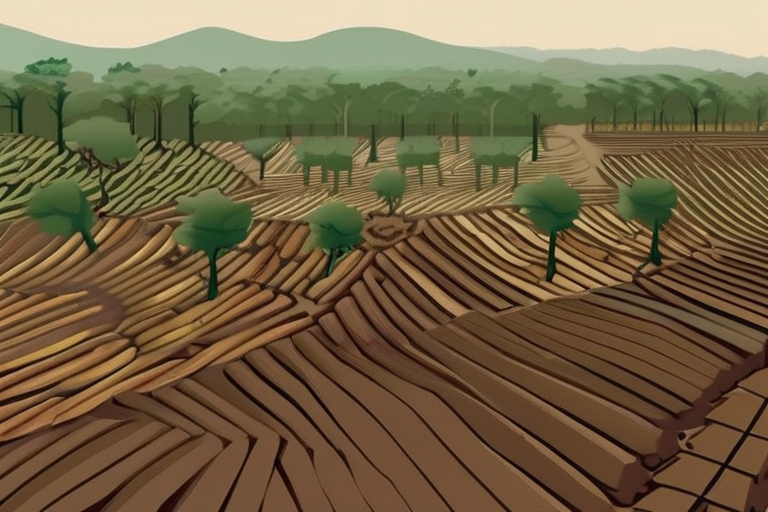
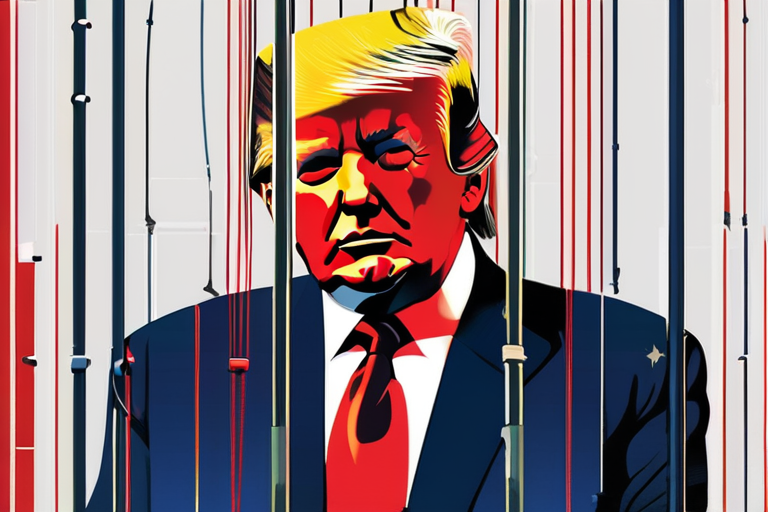
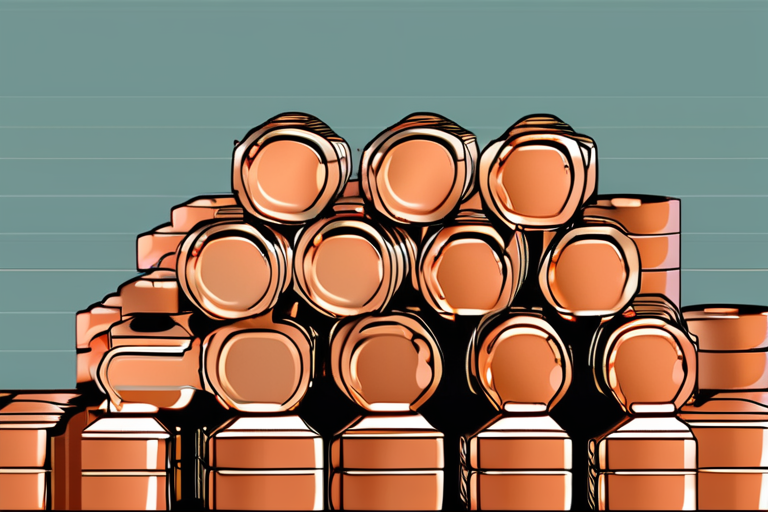


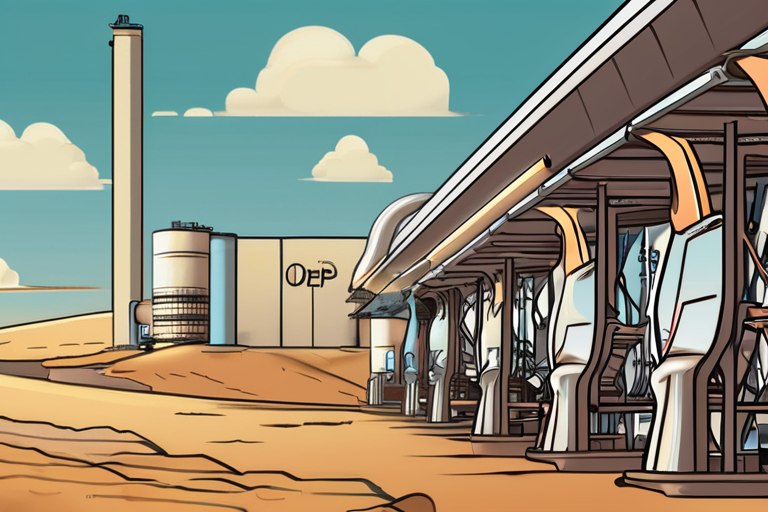


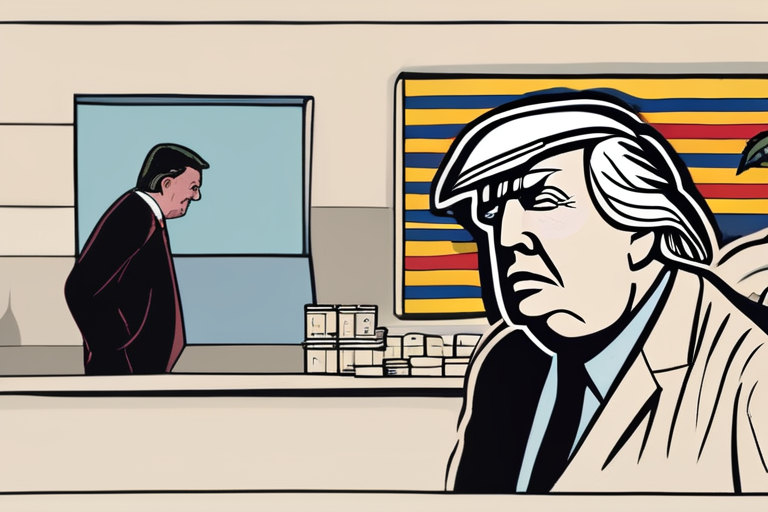

Share & Engage Share
Share this article